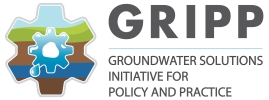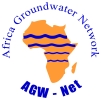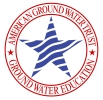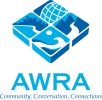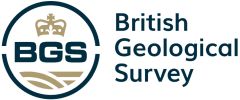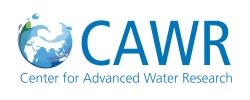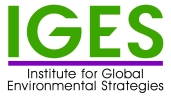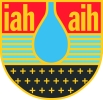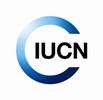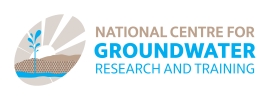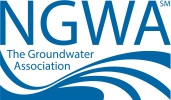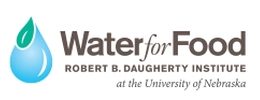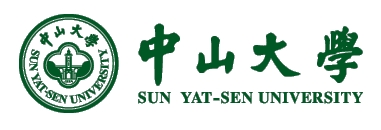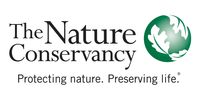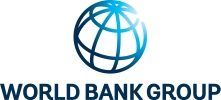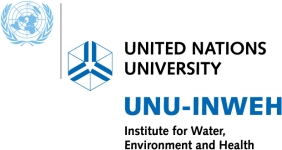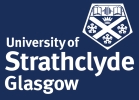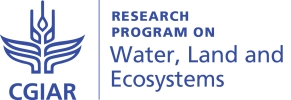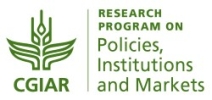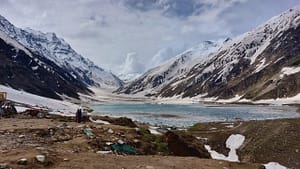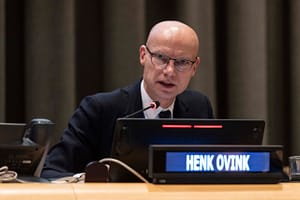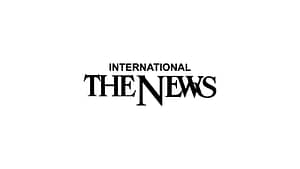The first face-to-face partners’ meeting of GRIPP (Groundwater Solutions Initiative for Policy and Practice) was held on February 8-9 in Geneva, Switzerland. Participants agreed on the basic principles of the partnership, including its mission, structure and governance, while also reaching consensus on impact pathways and short-term actions. A day prior to the meeting, GRIPP was introduced to members and partners of UN-Water; both meetings were hosted by the World Meteorological Organisation (WMO).
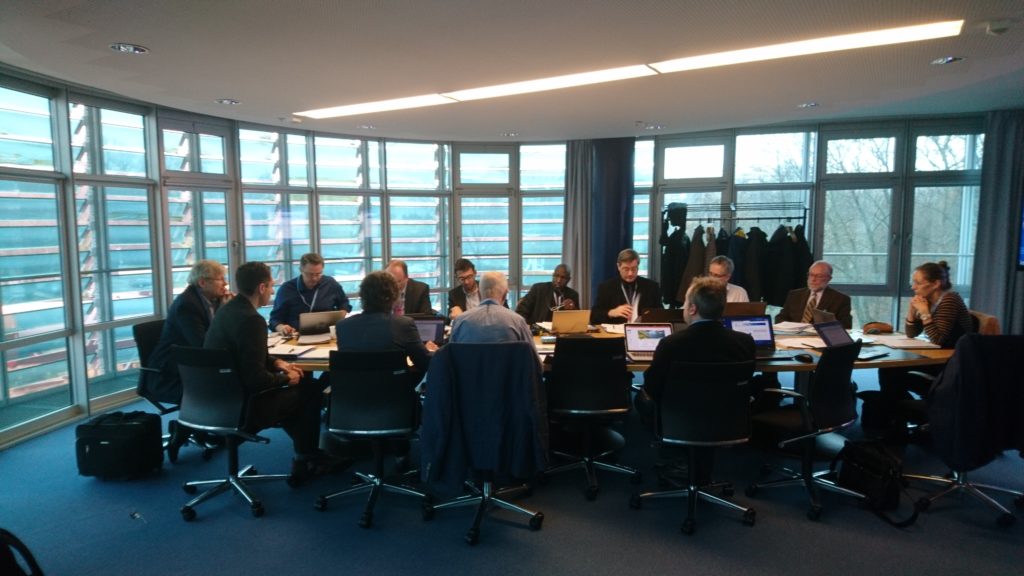
GRIPP partners discussing the consolidation of the partnership and the work plan going forward
GRIPP is a global initiative aimed at strengthening cooperation among groundwater specialists, enhancing groundwater advocacy and disseminating groundwater solutions. Initiated by the International Water Management Institute (IWMI), GRIPP was quickly embraced by many other organizations around the world. The following GRIPP partners participated in the Geneva meeting:
- International Water Management Institute (IWMI)
- International Groundwater Resources Assessment Centre (IGRAC)
- International Association of Hydrogeologists (IAH)
- International Union for Conservation of Nature (IUCN)
- National Centre for Groundwater Research and Training (NCGRT)
- African Groundwater Network (AGW-Net)
- Daugherty Water for Food Institute – University of Nebraska (DWFI)
- Federal Institute for Geosciences and Natural Resources (BGR)
- Center for Advanced Water Research (CAWR)
- United Nations University – Institute for Water Environment and Health (UNU-INWEH)
- International Rainwater Harvesting Alliance (IRHA)
Several other partners (e.g., National Ground Water Association (NGWA), Institute for Global Environmental Strategies (IGES) and American Water Resources Association (AWRA)) joined the meeting by Skype or sent their contributions in advance. Partners’ experiences suggest that GRIPP brings together institutions and people who are concerned about the state of groundwater resources and are passionate in their efforts to make a difference.
Day 1 – GRIPP principles and structure
The key topics addressed during the first day of this GRIPP partners’ meeting were organizational structure, governance and financing. The GRIPP structure encompasses a core group (close engagement/governance), associate partners (engagement/advisory role) and the forum (confirmed interest in GRIPP information sharing). GRIPP is coordinated by Karen Villholth (IWMI), with support from the GRIPP Implementation Unit at IWMI and from all partners.
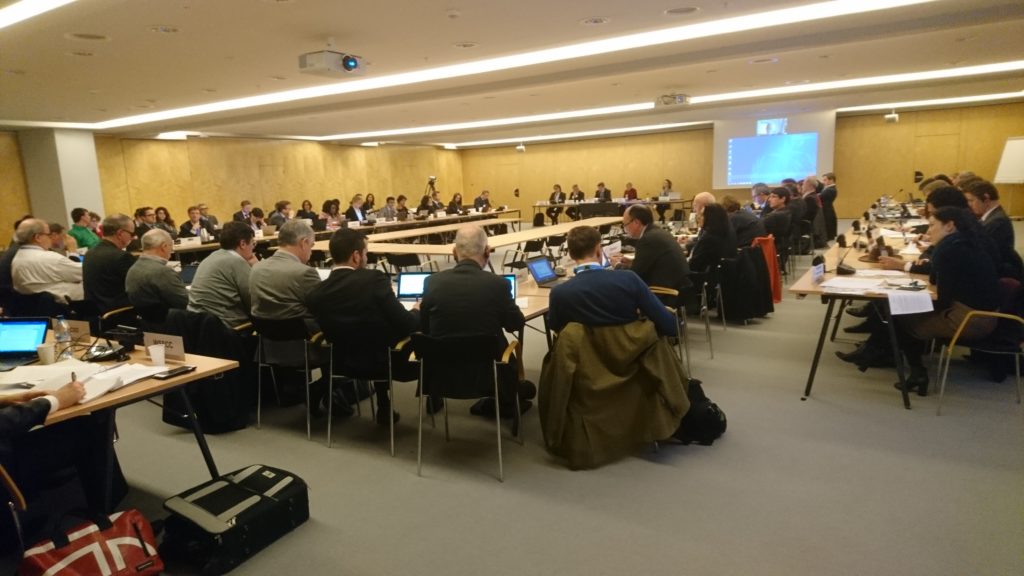
GRIPP was presented to members and partners of UN-Water on 07 Feb 2017
The GRIPP partners’ meeting was held back to back with the UN-Water meeting to present the GRIPP initiative to UN-Water members and partners, and explore possibilities to enhance collaboration, transparency, synergy and efficiency in international groundwater activities. Since several GRIPP partners are also UN-Water members or partners, GRIPP can be seen as a novel and exemplary coordination initiative within the wider UN-Water community.
The first day of the meeting concluded with a discussion and agreements on GRIPP core documents and procedures, describing, for example, the mission statement, value proposition, content and format for GRIPP case profiles and other knowledge products, common acquisition procedure and publishing, etc.
Day 2 – GRIPP plans and activities
The second meeting day was dedicated to GRIPP implementation: from the GRIPP mission to concrete actions. GRIPP’s overall objective is sustaining and enhancing groundwater benefits for livelihoods, food security, climate resilience, economic growth and ecosystems. To achieve that, GRIPP will concentrate on the following impacts:
- Recognition of groundwater in the global water agenda
- Transfer and implementation of proven groundwater solutions (technologies, management tools, policies, and governance practices) across the world
- Generation of new solutions through international cooperation
An important cross-cutting activity is awareness raising and capacity development to achieve the above impacts.
As a first activity related to strengthening recognition of groundwater in the global water agenda, GRIPP partners are drafting a message to the United Nations’ High Level Panel on Water on the importance of groundwater for the achievement of the Agenda 2030 for Sustainable Development and many of the Sustainable Development Goals.
During the meeting, impact pathways were defined, including activities, fundraising, products and target audience. Information sharing and communication received special attention, and includes a simple closing message to potential partners and stakeholders:






